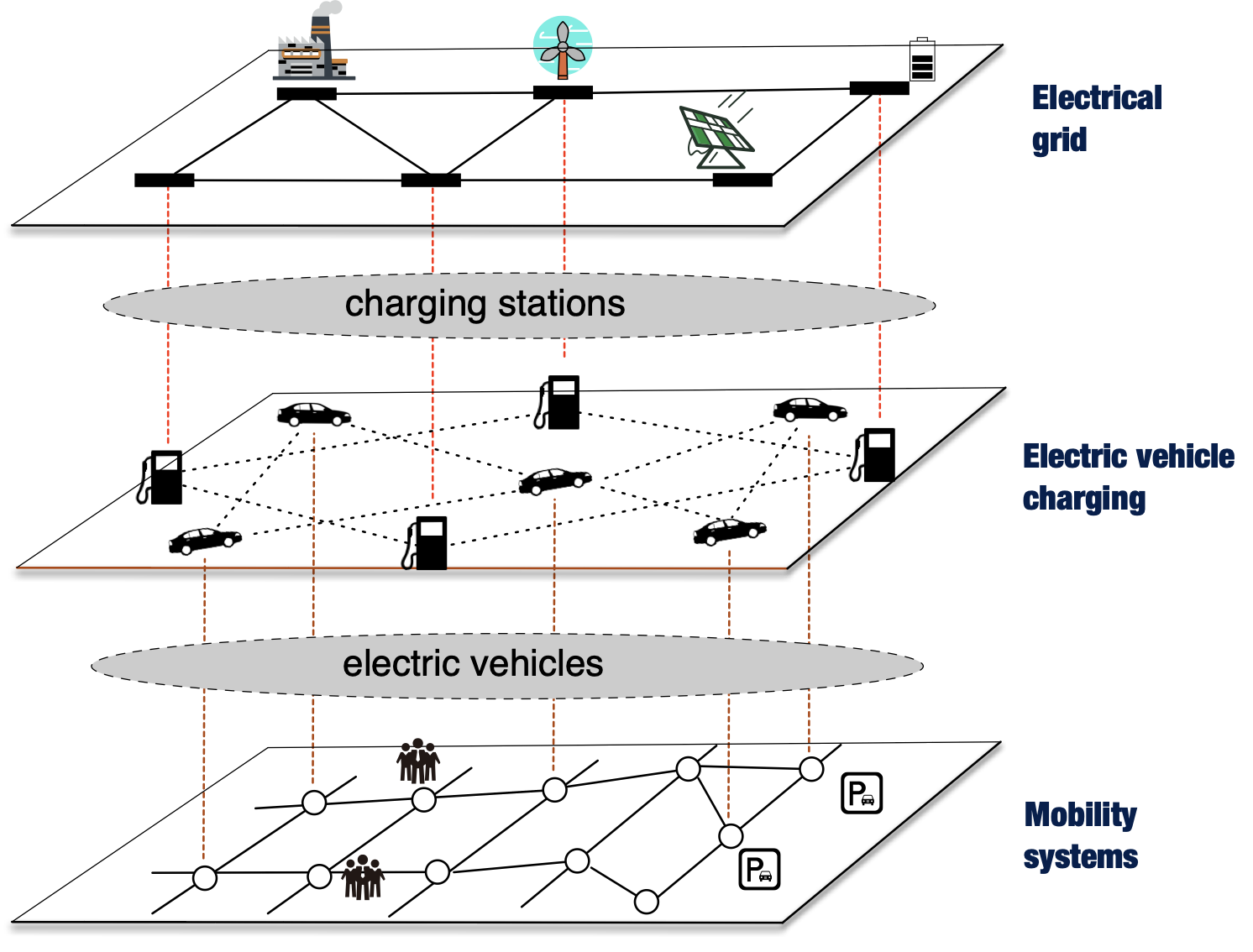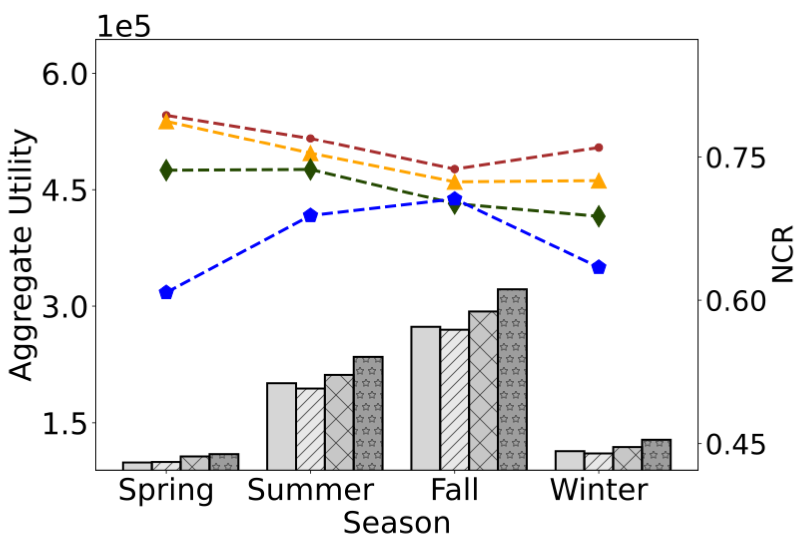
The SODALab consists of undergraduate and graduate students committed to developing algorithmic tools for decision-making under uncertainty. Some members focus on advancing the general theory in this area — primarily through the lens of online and randomized algorithms, algorithmic game theory / mechanism design, and reinforcement / online learning. Others tackle societal challenges involving complex resource allocation, scheduling, and pricing problems across domains such as Internet advertising, cloud computing, shared mobility, and electrical grids. For more details, explore examples of our recent projects below.
Online Algorithms & Markets
Research in online algorithms focuses on a subset of optimization problems where (i) data are incrementally revealed over time, and (ii) decisions need to be made sequentially (oftentimes also irrevocably). This differs from offline optimization, where all the data is available upfront, and the algorithm can optimize the solution with complete knowledge of the future. Online algorithms have diverse applications, including Internet advertising, recommendation systems, financial trading, and revenue management.
Our research in this area broadly focuses on online algorithms and their implications for the design and operation of online markets and platforms in domains such as Internet advertising, cloud computing, and ridesharing.
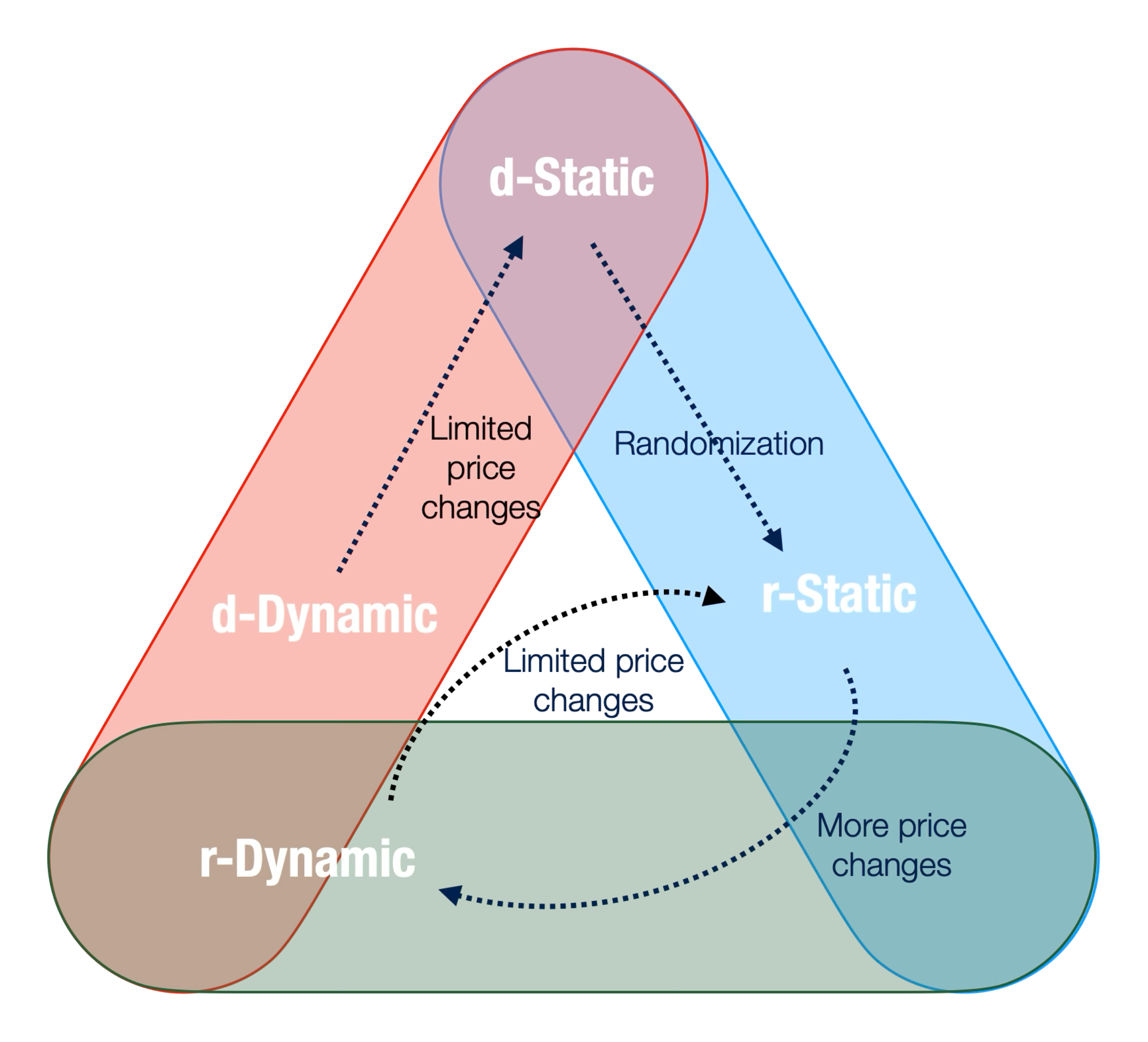
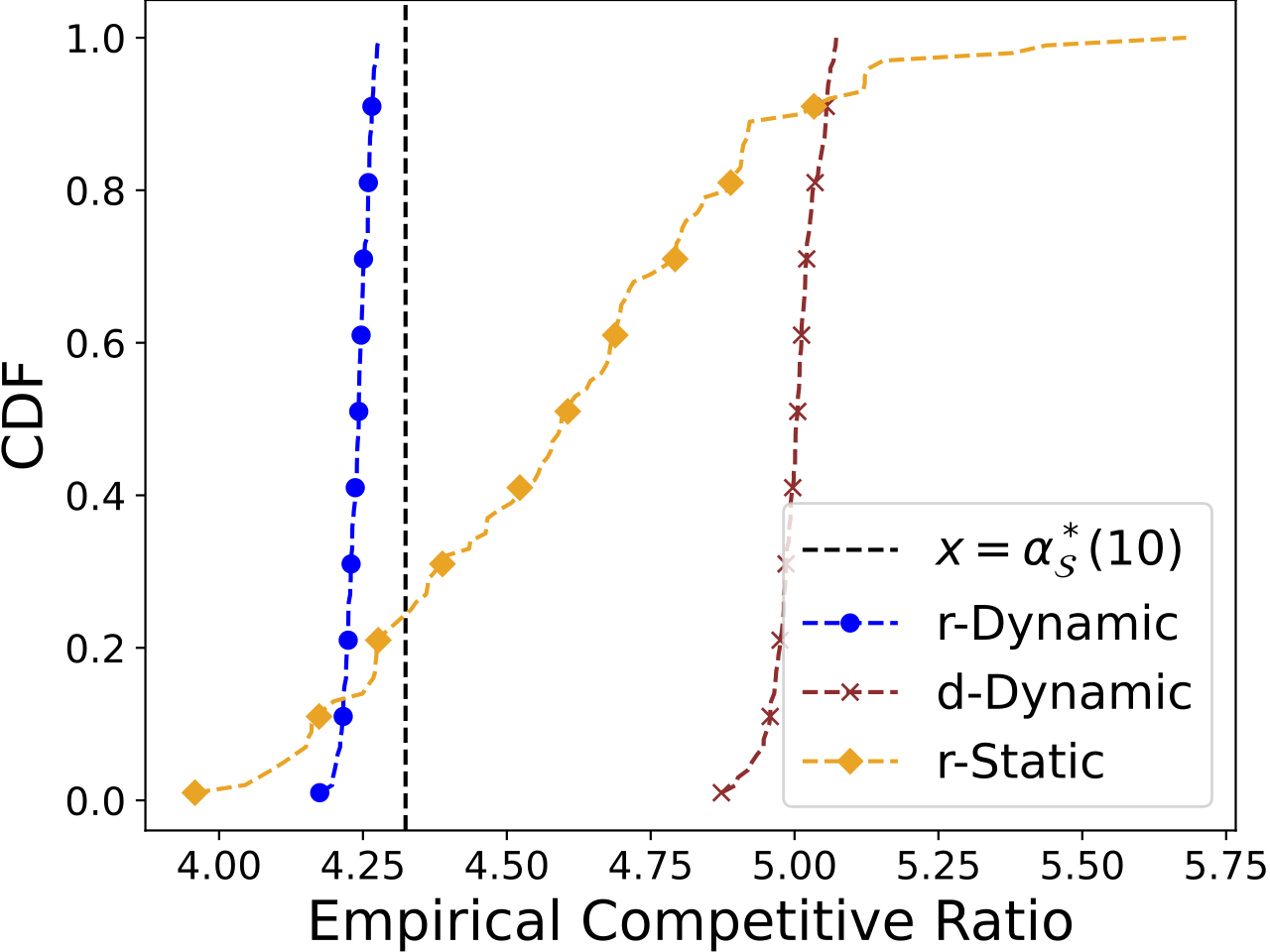
Recent Work
Fairness in Decision-Making under Uncertainty
Fairness is a difficult topic to talk about, as perspectives on fairness often vary across individuals and depend on the context. Nevertheless, addressing fairness in algorithmic decision-making has far-reaching implications, including promoting equitable access to limited public resources and reducing biases in critical domains such as healthcare, hiring, and education. Fairness can be conceptualized through various notions, including envy-freeness, proportionality, and maximin share, among others. Although these concepts have been extensively studied in offline settings, they present significant new challenges in dynamic and uncertain environments with sequential agent arrivals.
Our research in this area focuses on developing fair algorithms for sequential decision-making under various arrival models (e.g., adversarial, stochastic, and learning-augmented settings). Specifically, our recent work has focused on group fairness and time fairness in online resource allocation, aiming to design algorithms that treat sequentially arriving agents fairly across groups while ensuring strong competitiveness, consistency, and explainability over time.
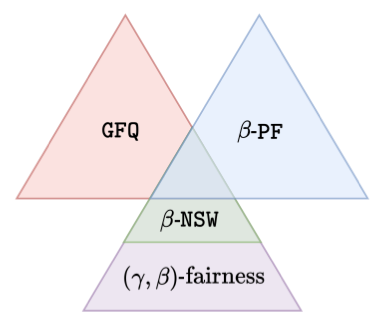
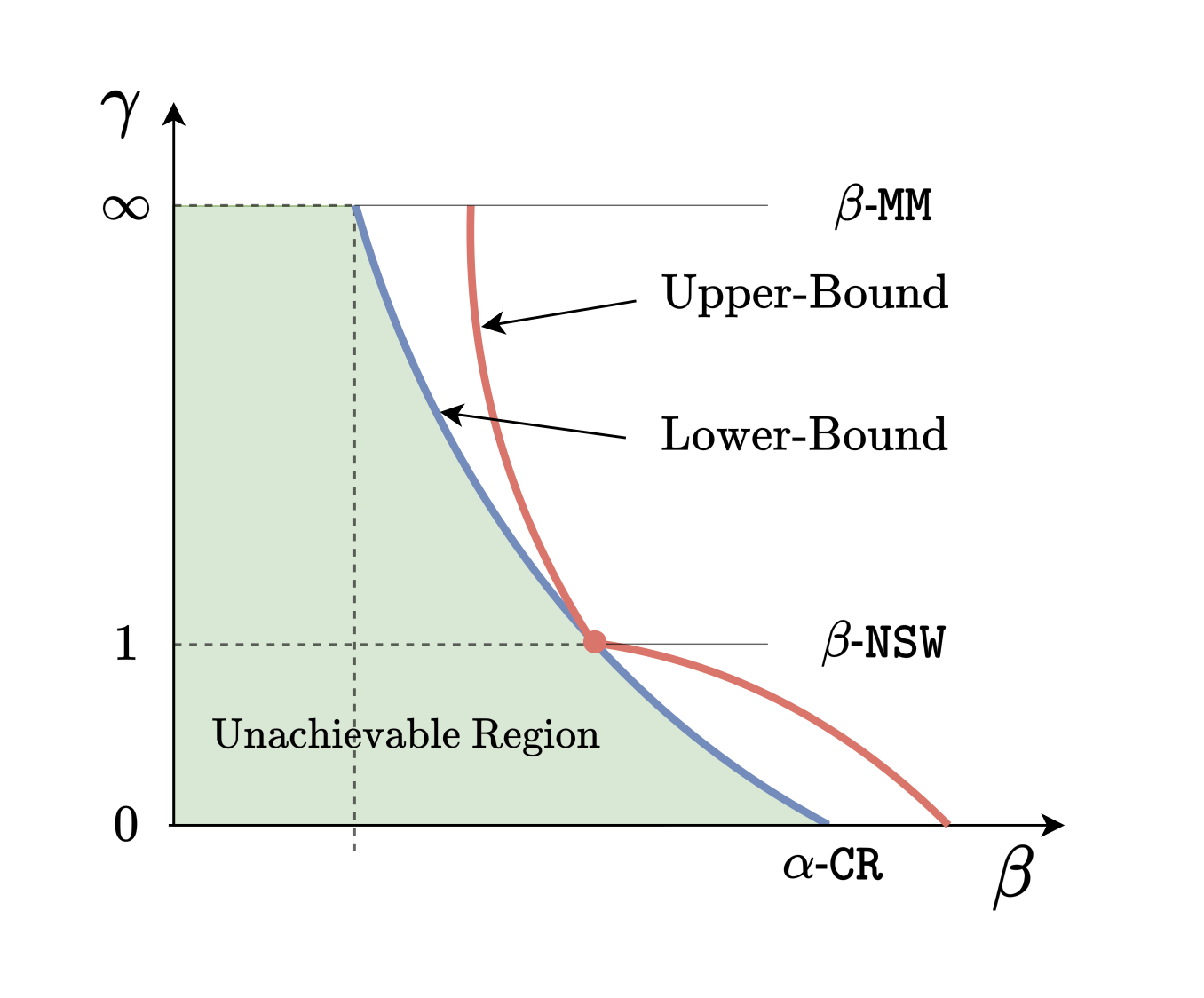
Recent Work
Learning-Augmented Algorithms
Learning-augmented algorithms, also known as algorithms with predictions, represent a recent paradigm that integrates machine-learned predictions into classical algorithmic frameworks to enhance practical performance while retaining provable worst-case guarantees. Unlike purely data-driven methods, these algorithms incorporate predictions to guide decision-making, yet are explicitly designed to remain robust even when predictions are highly inaccurate. This paradigm bridges the gap between worst-case analysis and empirical performance, combining the reliability of traditional algorithm design with the adaptability of machine learning.
Our research in this area investigates how predictions can be leveraged to surpass the worst-case guarantees of conventional algorithm design, particularly in online settings, with respect to metrics such as efficiency, fairness, and risk. We adopt both theoretical and applied perspectives, with applications ranging from electric vehicle charging and cloud computing to network caching and other decision-making problems under uncertainty.
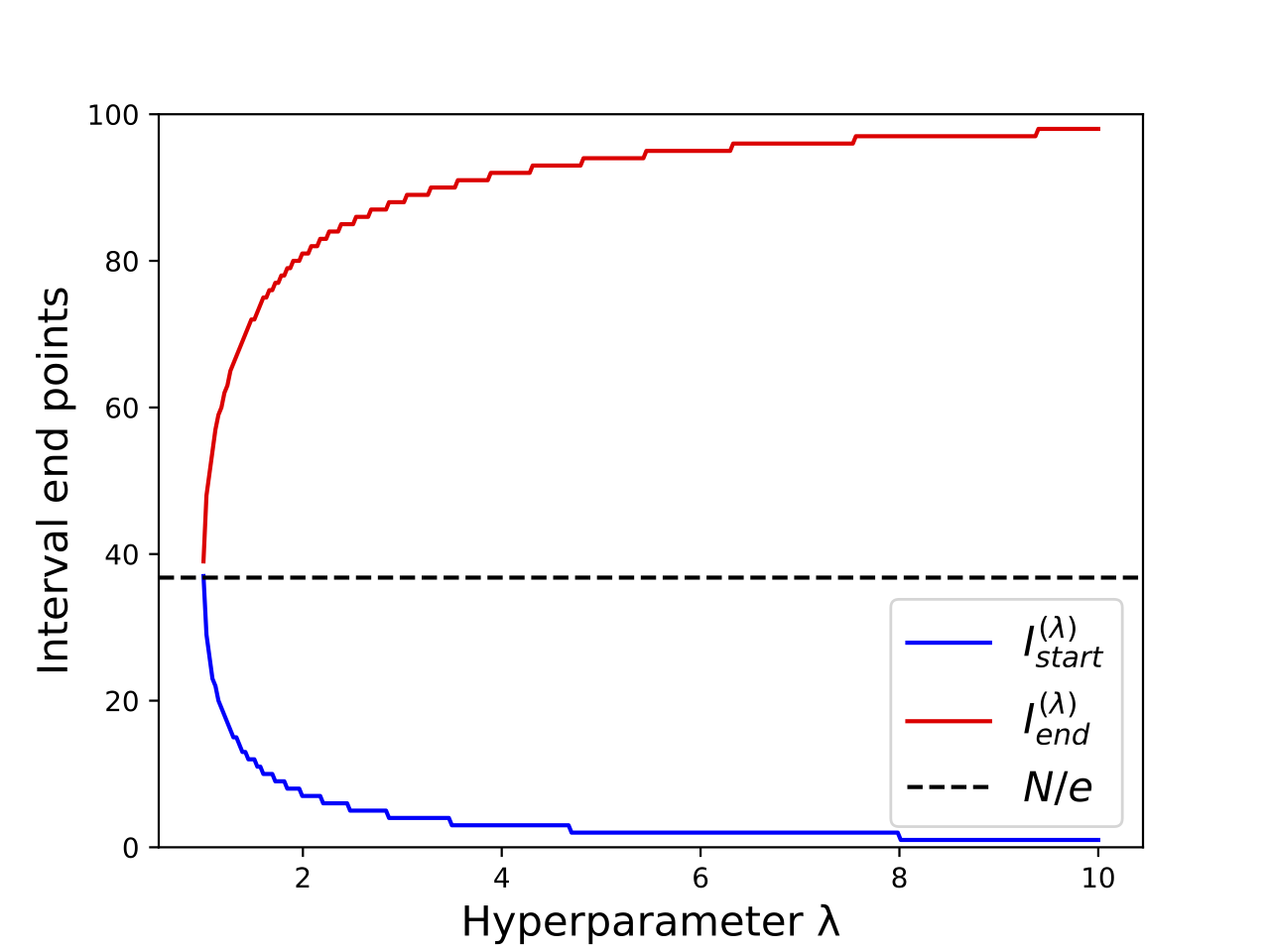

Recent Work
Energy Sustainability, Markets, and Incentives
Markets and economic incentives are powerful tools for influencing behavior and outcomes in modern infrastructure systems, particularly in the energy sector. As global demand for reliable and low-carbon energy grows, there is an urgent need for systems that align individual decisions with broader environmental and social sustainability objectives. In this context, designing effective market mechanisms and incentive structures for pricing, allocation, and coordination is critical to supporting an efficient transition toward a sustainable energy future.
Our research in this area integrates tools from optimization, game theory, and machine learning to develop algorithmic and economic solutions that foster collective action toward energy and carbon sustainability. We particularly focus on applications involving power systems with distributed energy resources, electric mobility, and data centers—domains where incentives and computation are tightly coupled.
